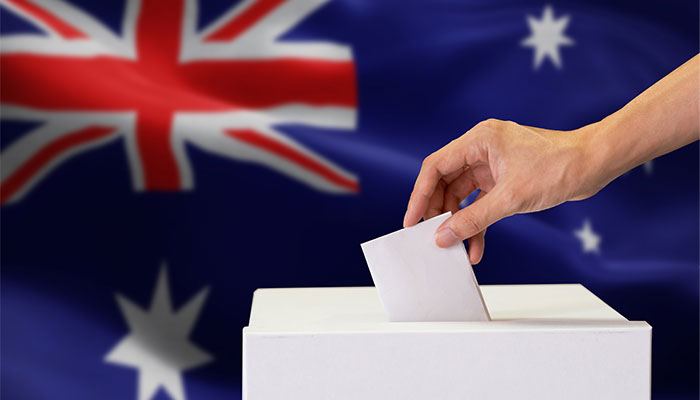It is not the story of the Russian involvement in influencing the election results. That influence was at most very small. Rather, it is the story of the Russian opportunistic capitalisation of their apparent involvement – feckless though it probably was – to achieve their original aims of disrupting and destabilising US strategic decision making.
So what actually happened?
Russia’s interference in the US election was generally chaotic and opportunistic, involving poorly coordinated efforts on the part of intelligence agencies, private cyber mercenaries and other official, semi-official and downright unofficial actors. Getting Mr Trump elected was not their primary goal. Rather, the Kremlin aimed to disrupt the American political system and use the election to sow discontent in the USA.
True to textbook covert action procedures, the trolls capitalised on existing crises – Black Lives matter, Islamophobia, pro-Islam groups – to stir mischief. As the primaries progressed, the causes of Bernie Sanders and Donald Trump were promoted. Both promoted a radical rhetoric – one that challenged the very legitimacy of the “business as usual” of the US’s political class.
And eventually the Russians got lucky. Very lucky. The American political class, largely out of touch with the electorate, was only able to give American voters the choice between two essentially unelectable politicians. In a kick to the pants of the political class, the most un-presidential outsider celebrity won.
The kick hurt. The political elite did not see this coming. Nor did its cheerleaders – the mainstream media and pollsters who had now been treated to the rudest awakening. Making sense of a shock of this magnitude is never easy. Convenient excuses were raised. The Russian involvement was a major one. The Democrats and the Intelligence Community led the charge to counter exorcise the bad spirits.
And here, again, Putin and his loyalists might well have struggled to believe their luck. An already incompetent and volatile president was now put under enormous pressure, greatly disrupting US strategic coherence and global leadership.
Now, when we take a cold look at the actual effect the Russian campaign has had on the outcome of the election, it is hard to discern any decisive influence. Most of what is cited as evidence of the Russian influence reflects normal, predictable political processes. For example, the drop in African American participation rates compared with 2012 most likely reflects the anomaly of 2012, when a sitting African American president was running for re-election, and not any anomaly associated with the Russian online manipulation of the Black Lives Matter message in 2016.
The real story here was not foreign involvement, as much as the fact that the two candidates vying for office held an unprecedentedly high disapproval rate. Hilary Clinton’s standing with the electorate is immeasurably more significant in delivering the election results to Mr Trump, than any foreign intervention.
Yet by being able to be seen as having influenced the election campaign, Russia was able to taint both the process and the outcome. And the more determined the intelligence community and the Democrats became to expose the Russian role, the more tainted both the results and the winner became.
And here the Russians were able to deftly capitalise on their luck. All the Russians needed to do was to deny their involvement, in the most implausible and unbelievable way. Washington did the rest for them as the rifts widened between the Whitehouse and the intelligence community, and between Democrats and Republicans, and the farce of a Trump presidency became reality.
Trump, quite possibly compromised through his personal financial interests, might well have wondered what further compromising information the Russians had, or could manufacture, about him. And we may never know how this affected his policy decisions since he took office. But in any event, US foreign policy has lost much of its coherence and effectiveness.
The Russian success does not bode well for future election campaigns. The method is straightforward and too easily replicated. An illegitimate political player launches a deliberately clumsy covert action to support of any or all political campaigns. Cyberspace has made this easier than ever. Then, after the election, the fact of this support needs to be made public, and implausibly denied. And then, all that need be done is to sit back and enjoy the sight of sore losers joining forces with law enforcement and counterintelligence to disrupt policy and governance.
All that is needed for the recipe to succeed is a close election contest between unpopular candidates amidst a disengaged public’s distrust in an aloof and unresponsive political class. Chances are we will be treated to more of the same in future elections.
Check out our Podcast Leading Lights: How Little Russian Interference Deepened American Divides



